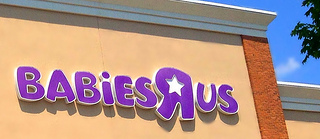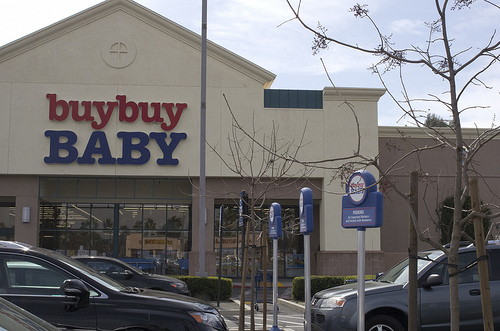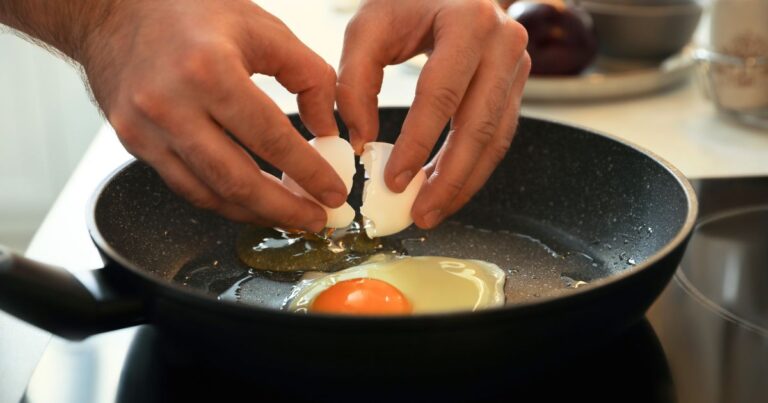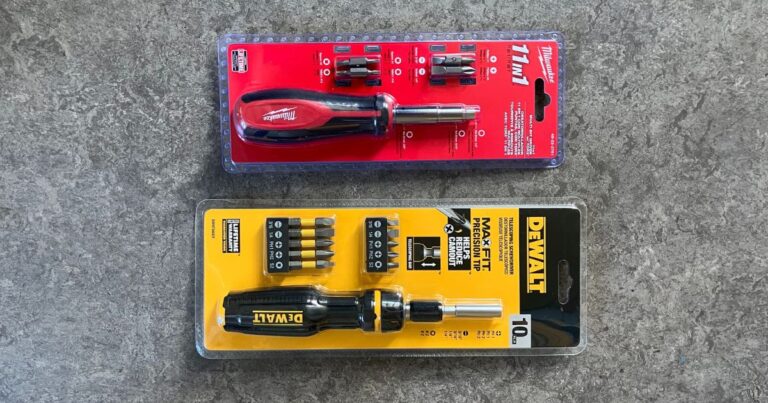
What do you expect when you’re shopping for a baby? You should expect that a store that caters to the youngest set and their caregivers has made sure that everything they sell is safe and non-toxic. Sadly, that’s not the case. However, when it comes to the major retailers, there are some big differences.
“What We Expect When We’re Expecting: How Babies“R”Us and buybuy BABY can safeguard babies’ health,” a new report from Getting Ready for Baby campaign, highlights some key contrasts between the nation’s leading retailers for all things baby. The report explores corporate policy, how each of the companies’ parent companies report as manufacturers under Washington State’s reporting law, and how they provide information on their websites. It offers recommendations on what each company should do.
As the Mind the Store campaign has shown, retailers can play a key role in protecting kids’ health from the effects of toxic chemicals, because they decide what products they sell. The Getting Ready for Baby campaign is calling on baby product retailers to use this power to ensure only the safest materials are used for infants, toddlers, and children. 74 organizations have signed on in support of the campaign.
The upshot is pretty clear: “Babies”R”Us is lagging woefully behind.
Unlike several of their contemporaries, Babies”R”Us and their parent company Toys”R”Us have established no new policies on chemicals in products since 2011, according to their Toys”R”Us Safety Standards and Practices. They have set limits on lead and cadmium. They stopped using BPA in beverage containers, and limited phthalates in advance of but not exceeding US law. The company stopped using vinyl in certain applications, including bibs, in products made for Toys”R”Us. With other vendors, however, they have not gone beyond legal requirements.

By contrast, buybuy BABY and their parent company Bed Bath & Beyond have taken a significant step to address chemicals: they issued a Restricted Substances List covering 223 individual chemicals for all products. This list covers most of the chemicals on the Hazardous 100+ list. The policy references chemicals restricted under European Union, US, and state-level laws. It also lists 20 chemicals to avoid during manufacture (not just in the final product), and cautions product makers to avoid regrettable substitution.
“BBB recommends that vendors exercise efforts to reduce or eliminate these substances of potential concern in their products. Be reminded that Vendors should avoid substituting substances on the RSL for another substance of equal or greater concern.”
When it comes to their actions as manufacturers or brand owners, the two companies also show sharp differences (though some of this may be due to Toys”R”Us’ more extensive offerings of private-label products).
As manufacturers, Toys”R”Us reported 128 incidences of Chemicals of High Concern for Children to Washington State under their law. In 7 cases, for products for kids 3 – 12 years old, chemical levels were above 10,000 parts per million. In 34 cases, products were for children under 3.
Bed Bath & Beyond reported 9 uses of Chemicals of High Concern for Children to Washington State, all for ages 3-12, in the 100-500 parts per million range.
Customers attempting to find safer products will have very different experiences at the two companies’ websites. A good example is the search for certified organic products. Babiesrus.com returns a section called “natural and organic” when the search term “organic” is entered. There is no way to filter just by products with organic content, and the term ‘natural’ has no legal meaning. They offer 764 items in this section – 3.6% of their estimated total number of items.
Buybuybaby.com has 919 items with “organic” in their description – 4.6% of their total estimated number of items offered.
The Getting Ready for Baby campaign strongly recommends Babies”R”Us adopt a comprehensive approach to address chemicals in the products they sell, based on the Hazardous 100+ chemicals, and establish a timeline for vendors to identify, disclose, and phase out chemicals of concern. Shoppers should have access to information about what chemicals are in products they buy.
buybuyBABY should continue its significant progress by establishing a timeline for vendors to disclose and phase out chemicals on the Restricted Substances List. In the end, what matters most is that the products for babies are made without chemicals that can harm their health.



